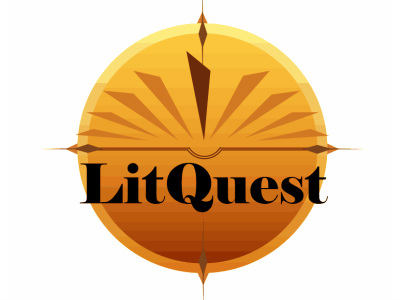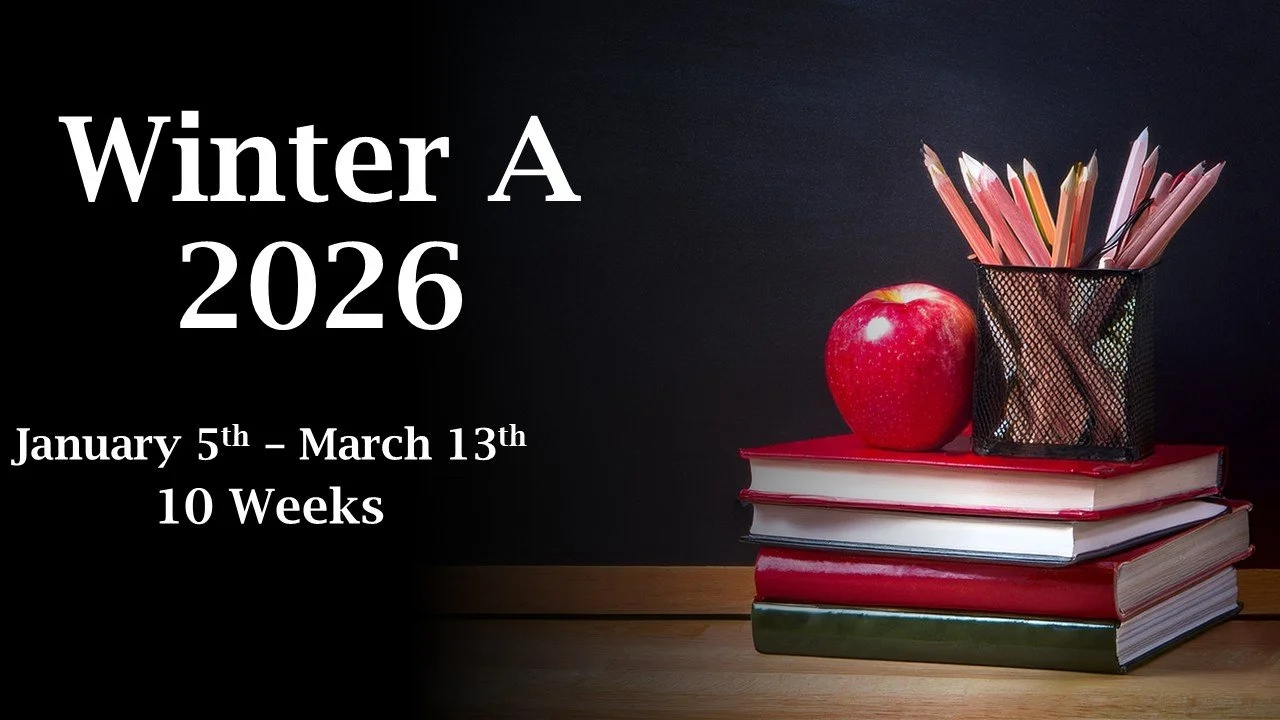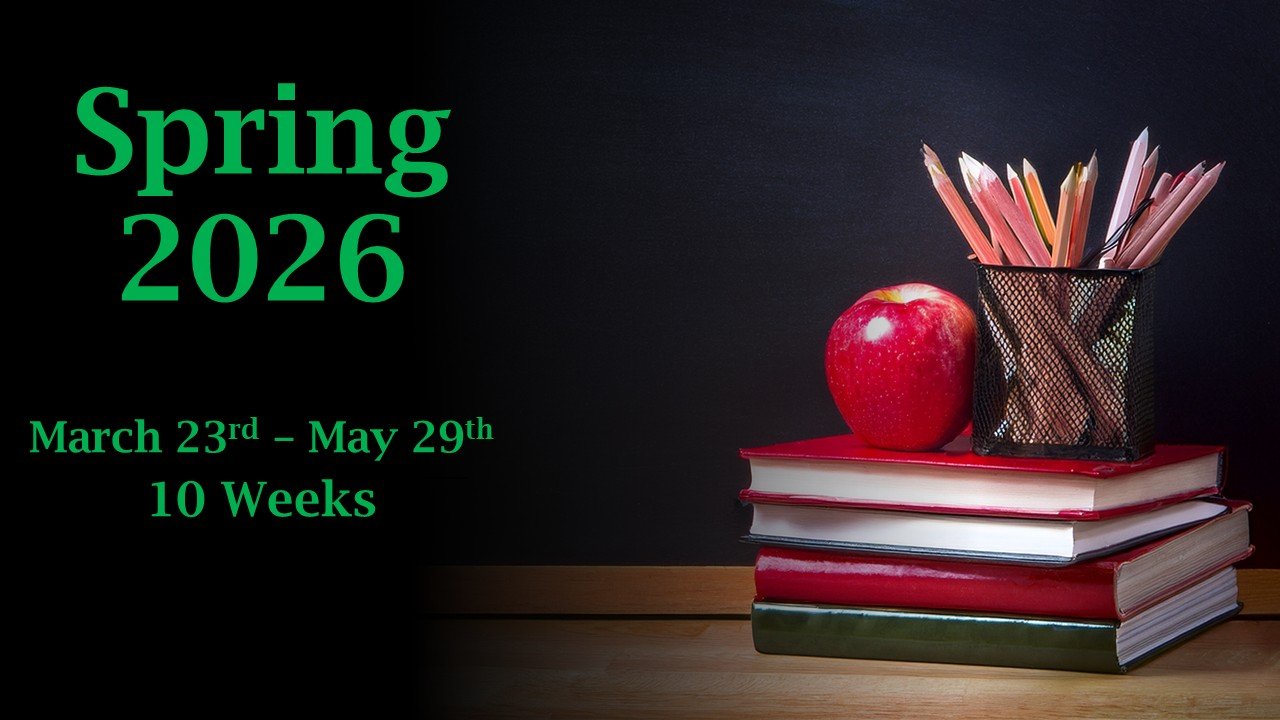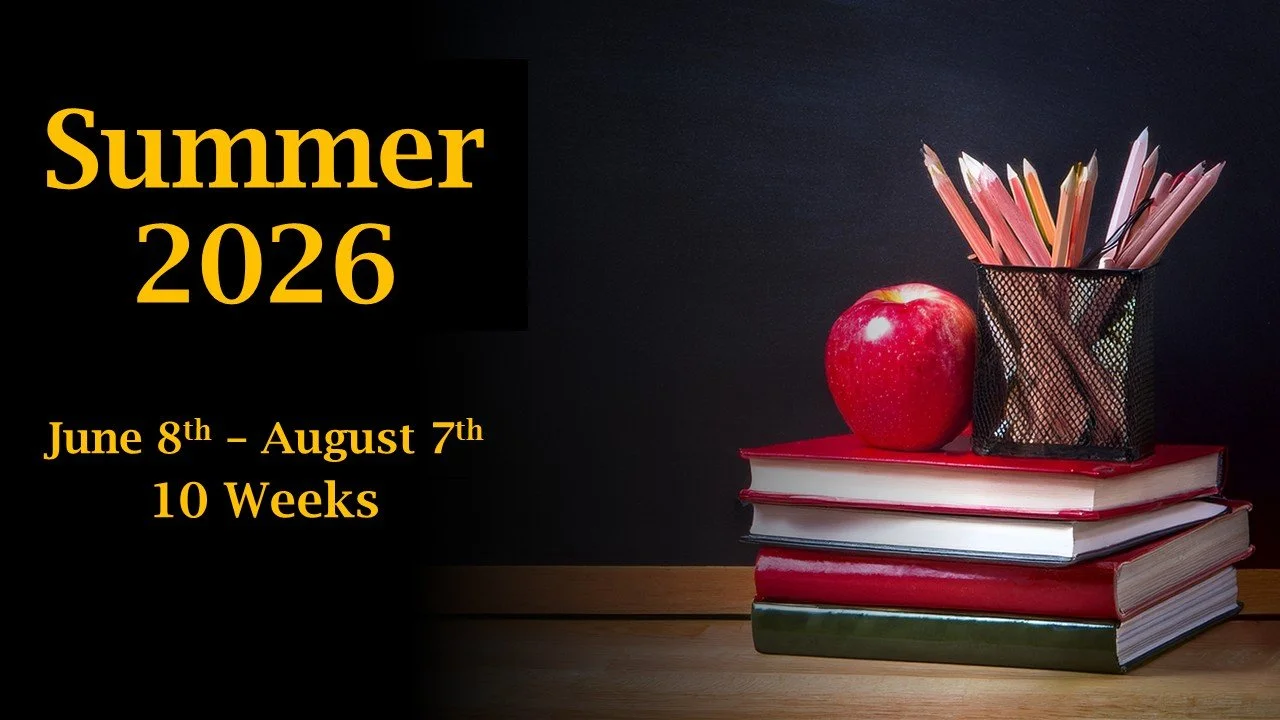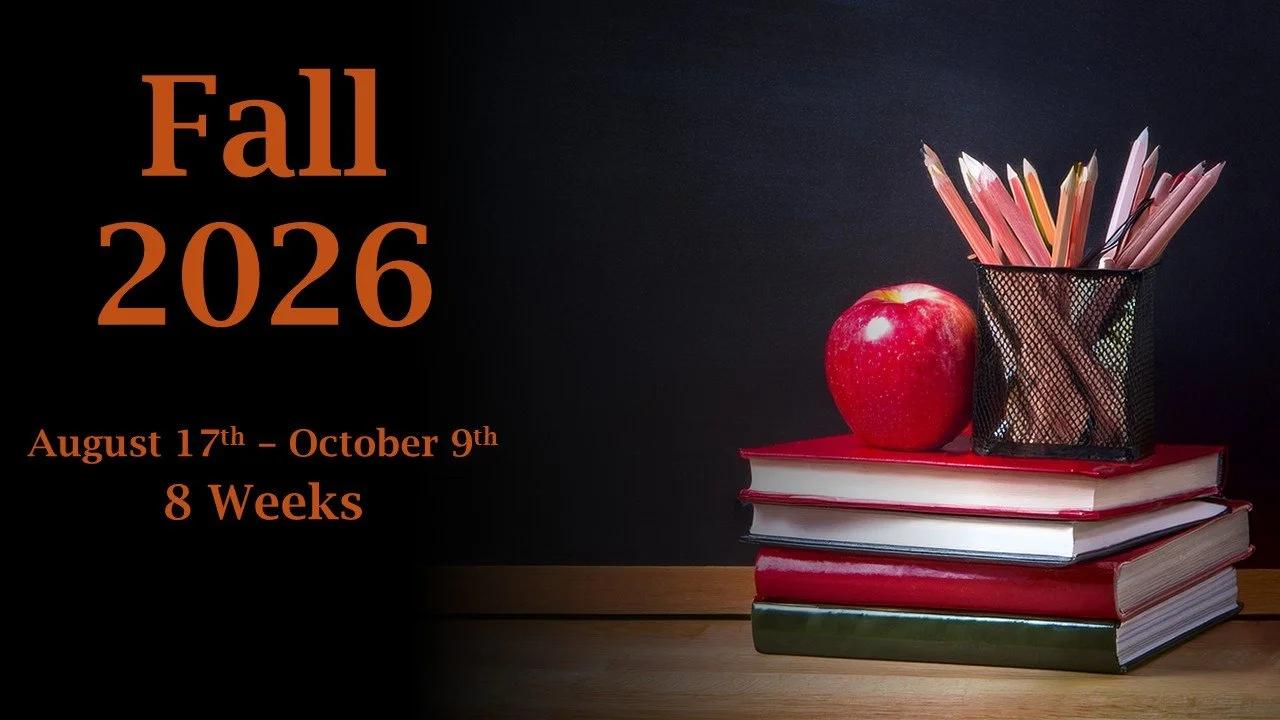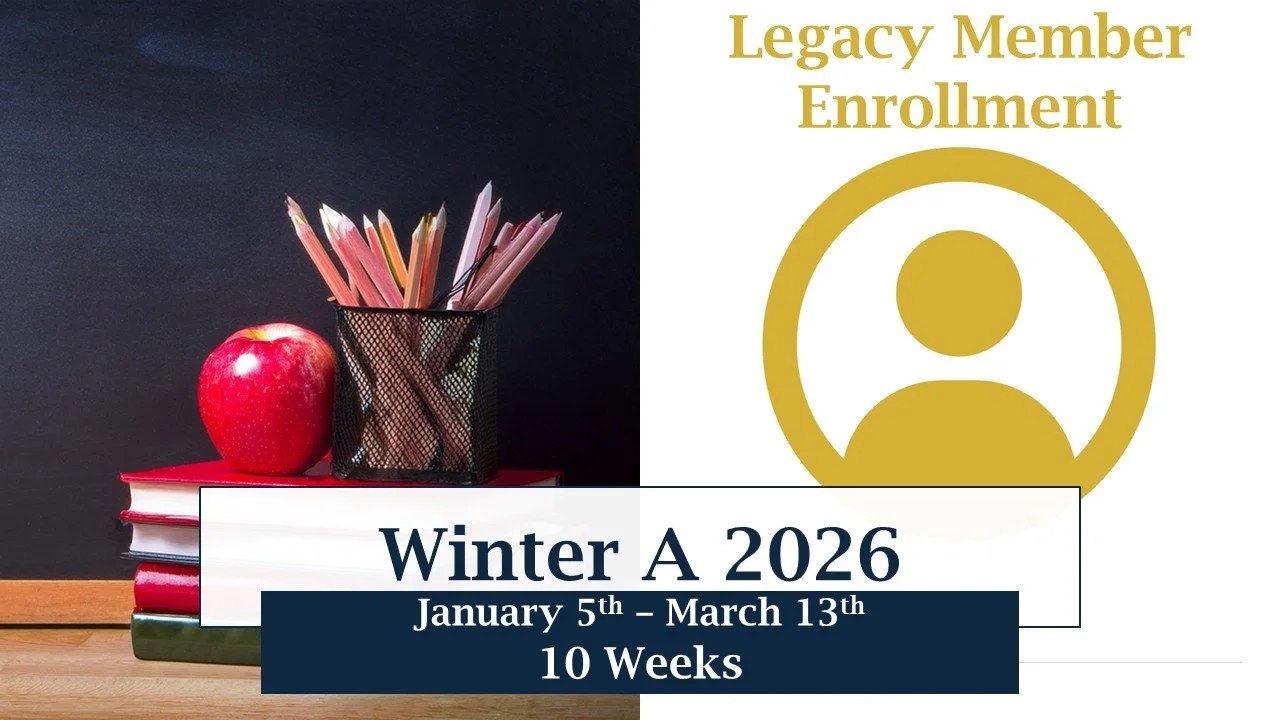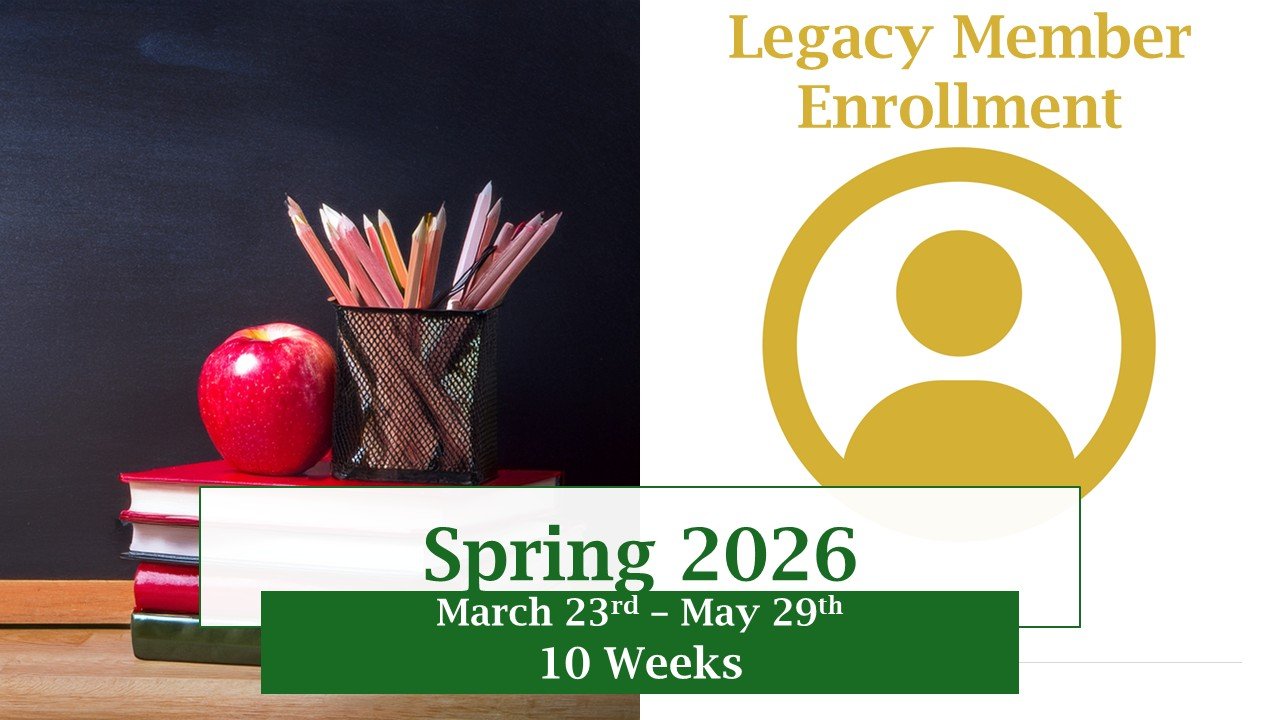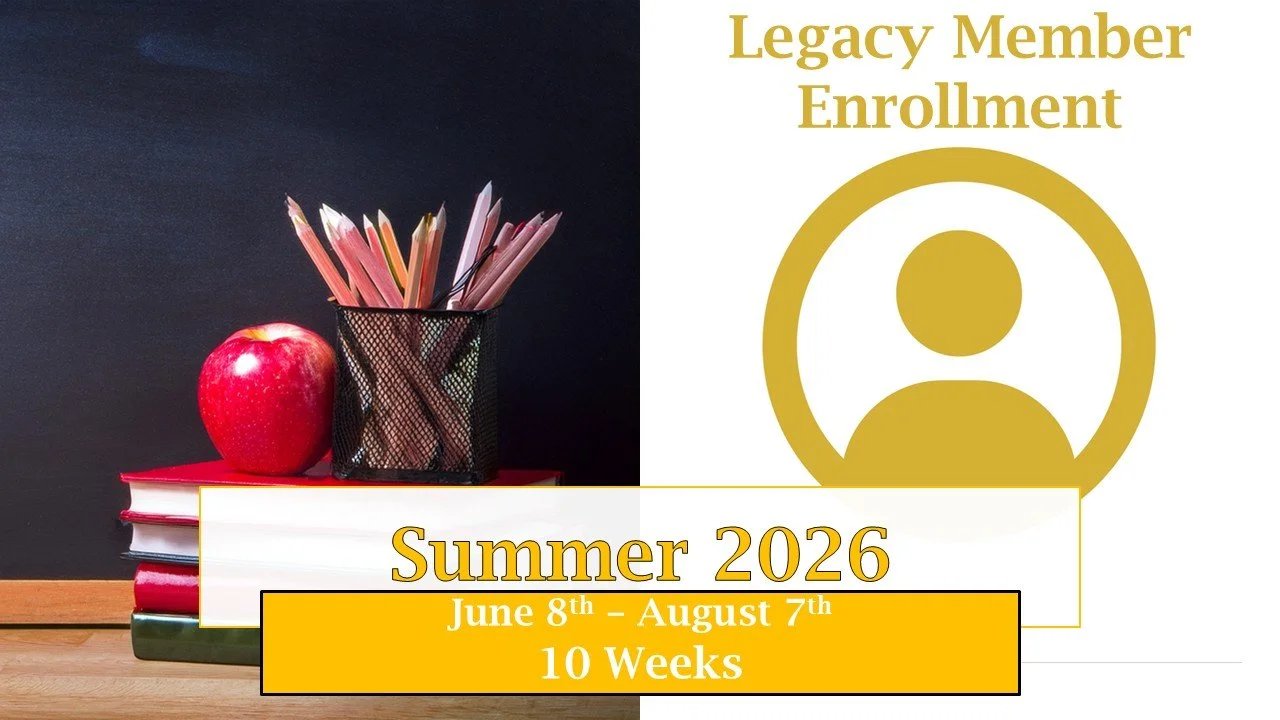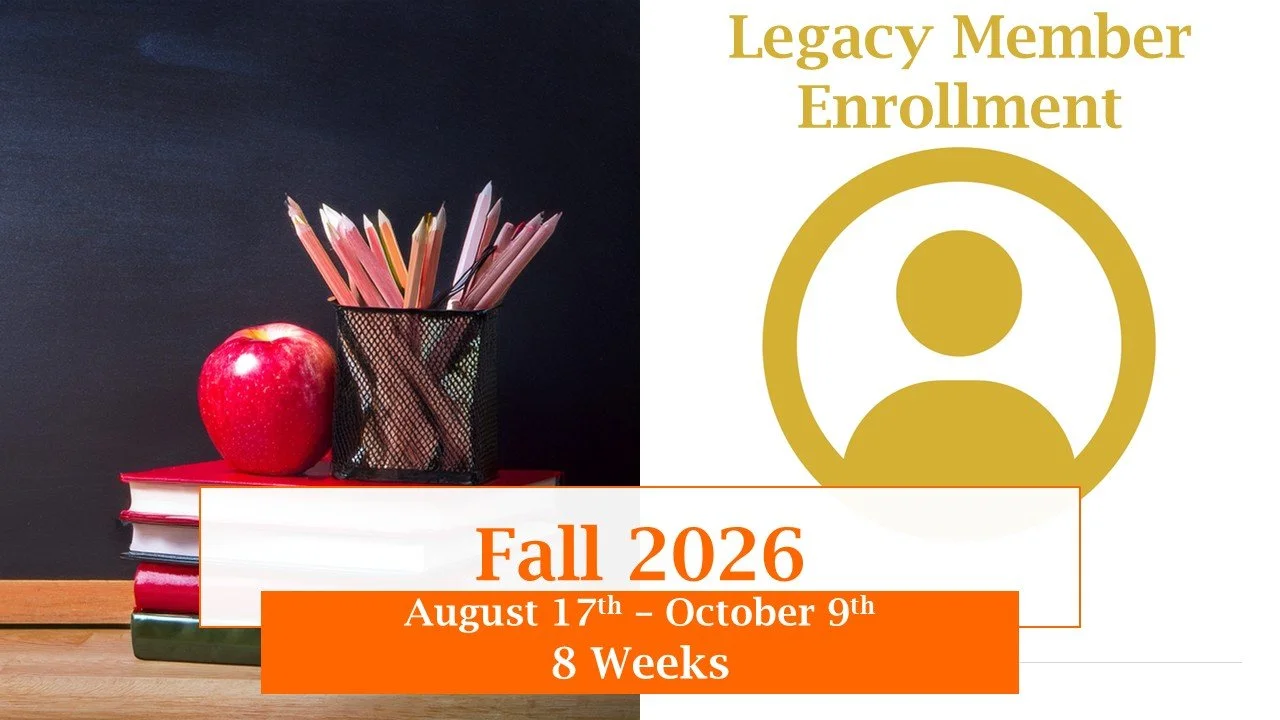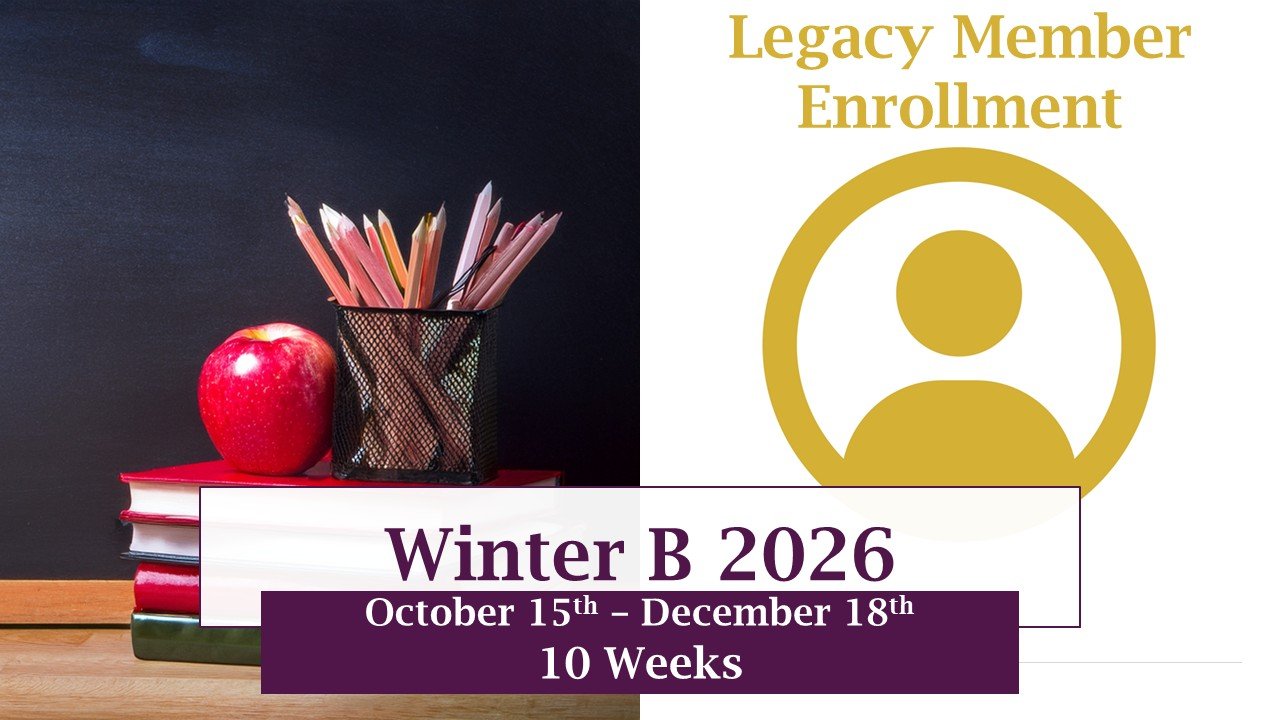All Classes for 2025 and 2026 Are Online Only
LitQuest is a comprehensive, integrated literacy program designed around reading-to-write initiatives, where students will embark on a variety of inquiry quests through great literature, the process of writing and their own academic identity.
At LitQuest, students will develop process-based skills that will enable them to use and expand their knowledge, think critically, analyze information, communicate their ideas effectively, and collaborate with others along the journey.
PROGRAMS
At each level, LitQuest’s critical reading program goes beyond the standard book club class to offer students a real head start in school and beyond as critical thinkers, readers and writers.
Our comprehensive literacy training will engage students in learning strategies for reading analytically as well as responding to texts in writing and through discussion. Each week, both individually and in small groups, students will be assigned rotating reading roles/missions to guide their discovery of important elements of the text, direct their purpose(s) in taking active reading notes, facilitate group discussion, and help them lead class seminar-debate-oral presentations.
LitQuest’s intensive writing workshop is a process-oriented class in which students will learn to draft, edit, revise, rewrite, & refine their writing. Each week, students will be required to draft a new (genre-specific) essay in addition to revising their writing from the previous week per teacher/peer feedback.
LitQuest’s writing workshop will not only prepare students with the core skill building in mechanics, usage, and construction necessary to excel in college level composition, but will also lay the foundation for their success with more rigorous and complex work in the future across all subject areas.
LitQuest’s NIE (Newspapers in Education) class introduces students to reading and analyzing by providing a framework from which to approach non-fiction, in such forms as newspapers (primarily editorials and op-eds), magazines, and scientific/journals.
Focusing on critical thinking, students will recognize the difference between empirical facts, and authoritative opinions, enabling them to contend with core topics before allowing ideas to compete in their head—leading students to fully formulate their own opinion on a given topic.
